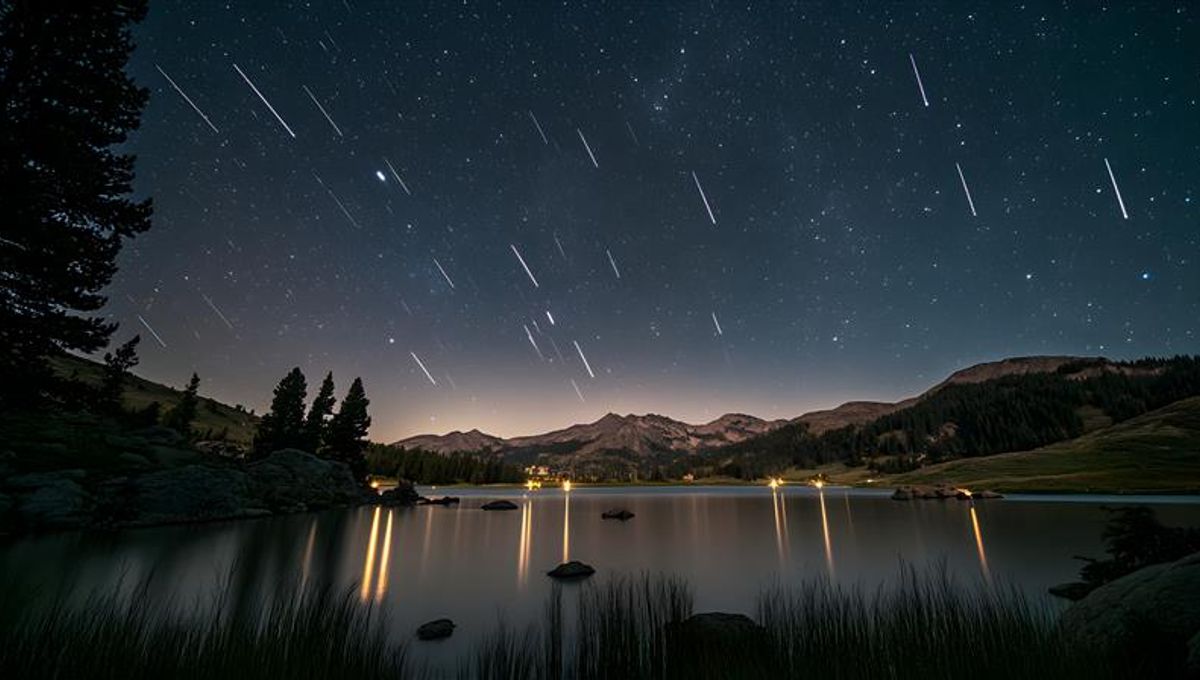
One of the most prolific meteor showers of the year peaks immediately in January. Tomorrow, Saturday 4, the Quadrantids will peak with an expected 25 meteors an hour for most, and a maximum rate of 120 streaks across the sky.
As showers go, they tend to lack persistent trains so they fizzle quickly, but what they lack in length they make up for in luminosity, regularly producing bright fireballs. Combined with their consistently high numbers, they are a favorite of the lovers of the night sky, although you’ve got to contend with the frigid January temperatures – at least, if you are in the higher latitudes of the northern hemisphere.
They are unfortunately a northern meteor shower. In the southern hemisphere, they reach the tropics but not much further. But those in the northern hemisphere shouldn’t feel too smug. The best time to see this shower requires some sacrifice beyond the cold. It’s best seen in the hour before dawn when the radiant of the shower is highest above the northeastern horizon.
The apparent origin of the shower is the constellation of Boötes, the plowman. The meteors appear to radiate from it. If you know a little bit about meteors this might surprise you. Showers are named after the constellations they appear to radiate from – why are they not the “Boötids”? It has nothing to do with booty and all to do with a constellation lost to common parlance.
While some constellations have been grouped together in similar ways across cultures for thousands of years, many others were decided upon only recently in historical terms. Only in 1922, the International Astronomical Union devised the list of the 88 modern constellations. Before that time, since 1795, there had been a constellation known as Quadrans Muralis, which was part Boötes and part Draco.
Meteors don’t really originate from constellations, whose stars are many light-years away. They happen when our planet crosses a cloud of debris left behind by a comet or asteroid. These tiny bits of space rock enter the atmosphere at high speed. For the Quadrantids, that’s approximately 41 kilometers (25.5 miles) per second.
The source of the debris cloud, also known as their parent object, is 2003 EH1, a near-Earth object that’s either a rocky asteroid or a possible “rock comet”, aka a “dead comet.” That’s basically a comet that has released all of its “volatiles”, so all you’re left with is rock.
Source Link: Start The Year With A Bright Meteor Shower That Peaks Tomorrow